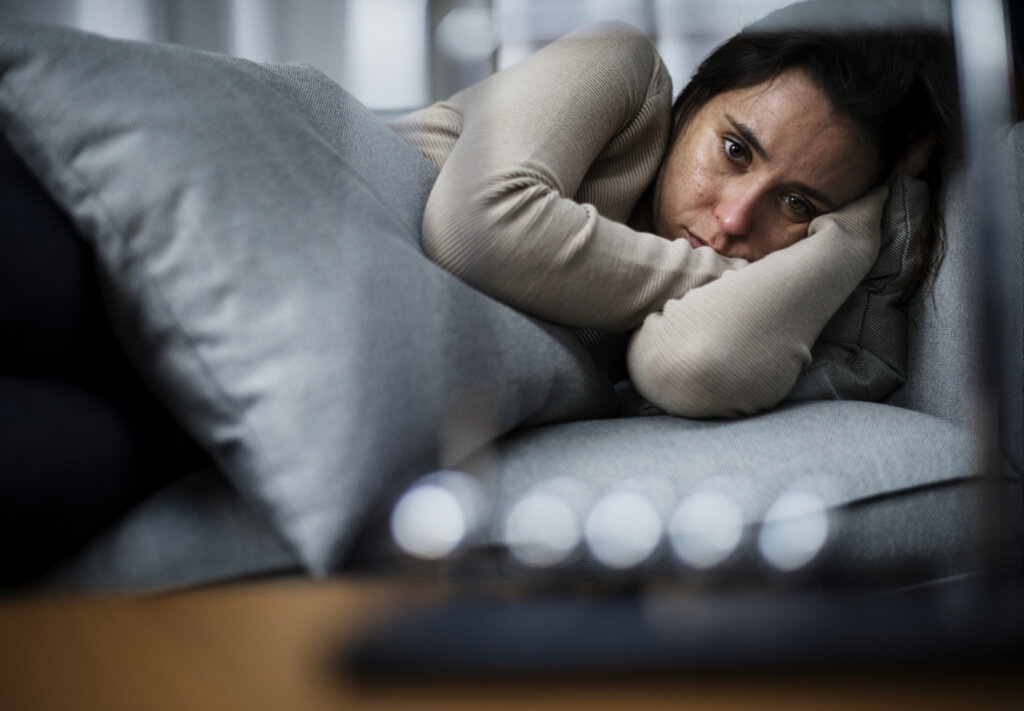Vitamin D deficiency is a problem that is thought to be associated with many physical and mental disorders such as musculoskeletal pain, heart disorders, sleep disorders and depression. Depression, the disease of our age, manifests itself with symptoms such as unhappiness, reluctance, not being able to enjoy life, sleep and appetite changes, low energy, and difficulty in focusing for at least 2 weeks and most of the day. Psychiatrist Dr. Alime Burçin Şimşek states that while depression may be due to many factors, vitamin deficiencies also have an effect on this disorder.
 More common in women
More common in women
In the scientific studies, it has been determined that the vitamin D levels of depressed patients are significantly lower than those of healthy individuals, while the serotonin hormone, also known as the happiness hormone among the people, increases when people are exposed to sunlight. In studies conducted in our country, it has been observed that up to 74% of vitamin D deficiency is present. In fact, in a study conducted on adults living in the Aegean Region, this rate was 66% for men and 79% for women.
Sunbathing to boost Vitamin D
Since vitamin D can be synthesized in the skin with the effect of sun rays, experts recommend that 25% of the body should be exposed to the sun 3 days a week for 15 minutes. Unlike other vitamins, vitamin D, which is more difficult to obtain through direct nutrition, is synthesized by 90% through sunlight, while it can only be obtained from foods consumed at 10% if it is not supplemented with sunlight.
What foods should we consume?
To increase vitamin D naturally, animal foods such as fatty fish (such as salmon, sardines and mackerel), dairy products and eggs should be consumed in sufficient quantities.
 Is it possible to supplement externally with Vitamin D?
Is it possible to supplement externally with Vitamin D?
Apart from natural ways, artificial light therapies and vitamin supplements applied by health professionals are used in the treatment in cases where external vitamin D supplementation is required. Of course, our mental health cannot be separated from our physical health. Studies report that eliminating vitamin D deficiency can also reduce the risks associated with Covid-19.
If you feel more tired, lacking energy, reluctance and unhappy than ever before, especially in these days with snowy, rainy and cloudy weather and longing for the sun, you may be faced with vitamin D deficiency.
Psychiatrist Dr. Alime Burçin Şimşek states that it is necessary to pay attention to the elimination of our vitamin D deficiencies in order to support the mental and physical health of both ourselves and our loved ones.



